Keywords: Opening Ceremony
-
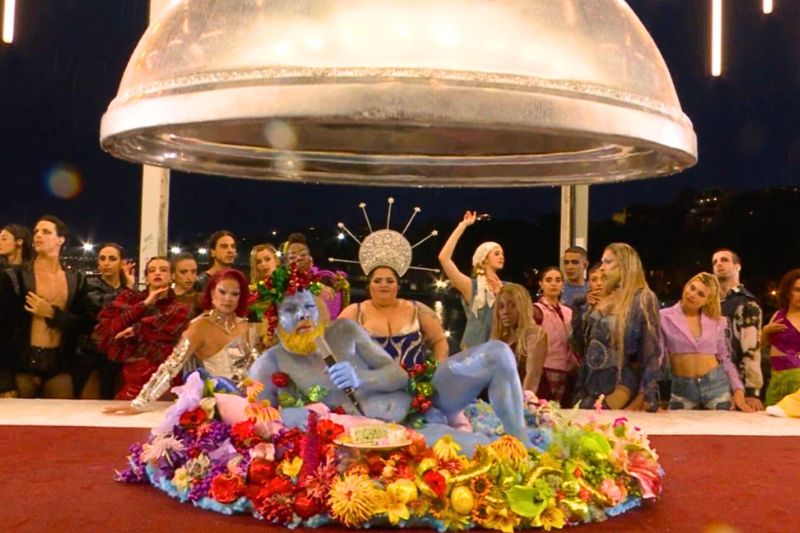
INTERNATIONAL
- Juliette Hughes
- 07 August 2024
You have to admit, the French have form for mocking religion. But with their peculiar take on the Lord's Supper with all its Dionysian excess, the colourfully irreverent opening ceremony left many asking: has Paris 2024 turned the Olympics into a ritual of performative ethics?
READ MORE
-
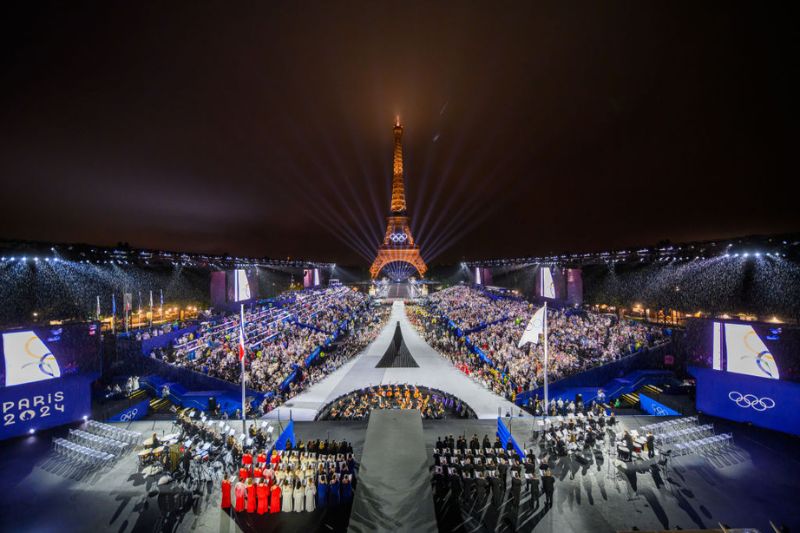
INTERNATIONAL
- Binoy Kampmark
- 05 August 2024
The pain cities endure while hosting large sporting events like the Olympics has proved considerable. They exert a remarkable strain on budgets, disrupt commerce, compromise valuable real estate, inflict environmental harm, and often result in evictions and displacements of vulnerable residents.
READ MORE
-

INTERNATIONAL
- Michael McVeigh
- 05 August 2024
1 Comment
Imagine a universe where the arts, rather than sport, gets all the money and attention from the masses. But we'd be mistaken if we it tried to set up art and sport as opposite rather than complementary pursuits.
READ MORE 
-

INTERNATIONAL
- Michael McVeigh
- 16 May 2024
1 Comment
Millions around the world tune in for Eurovision each year, making it one of the world’s most-watched non-sporting events. It’s a mess of all that is funny, camp and bizarre. And yet instead of exploring the boundaries of our collective imagination, it's often overshadowed by regional politics and conflict.
READ MORE
-
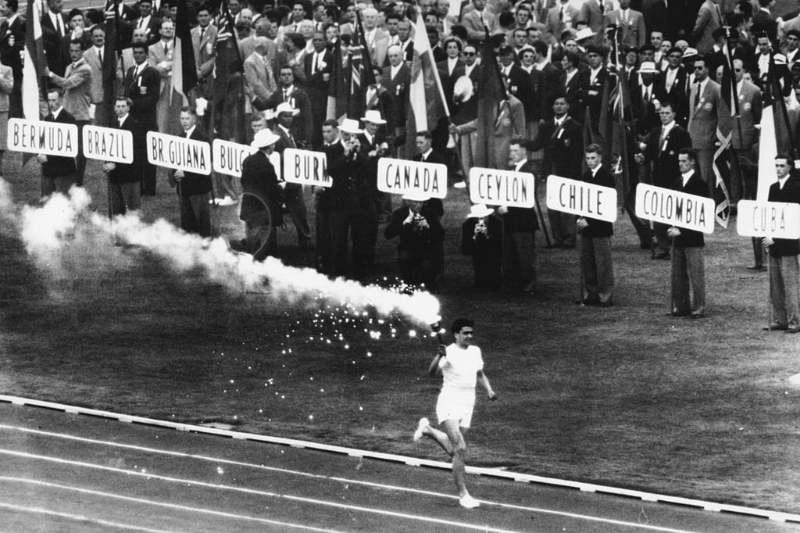
ARTS AND CULTURE
- Brian Matthews
- 05 August 2021
4 Comments
In times of unexpected or inexplicable crisis, humans all over the globe regardless of race, religion, lineage or historical evidence, will often turn to myth, the occult, each other, to their until then untested and unimpressive leaders, or to a hoped-for apparent miracle to explain what seemed otherwise beyond explanation.
READ MORE 
-
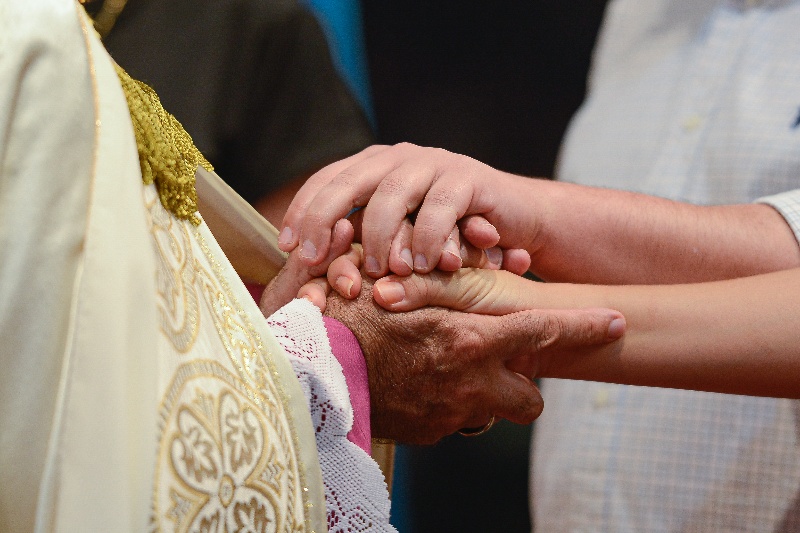
RELIGION
The opening line of John Paul’s encyclical is memorable: ‘Faith and reason are like two wings on which the human spirit rises to the contemplation of truth.’ The recent pronouncement by the Vatican’s Congregation for the Doctrine of the Faith (CDF) on the blessing of same-sex unions certainly had people assessing its reasonableness as a so-called ‘deposit of faith’.
READ MORE 
-
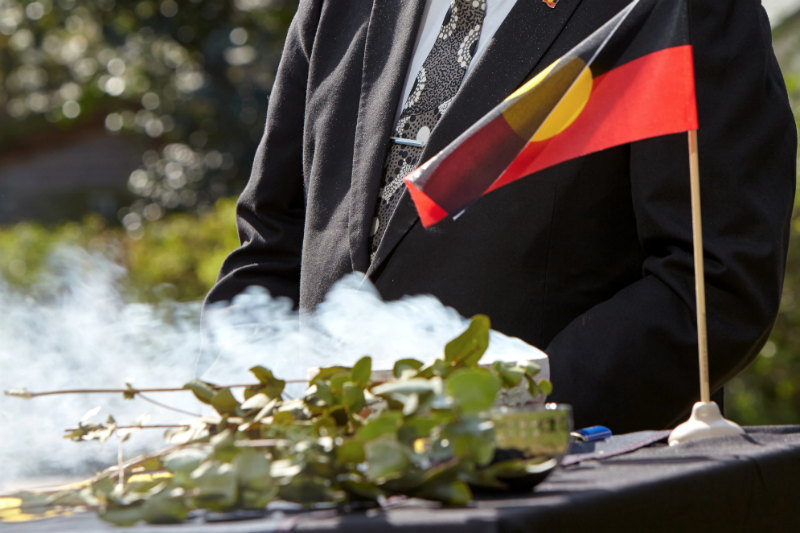
INTERNATIONAL
- Ramona Wadi
- 01 April 2019
4 Comments
The South Australian Museum is rectifying slivers of colonial damage by repatriating the remains of over 4000 Aboriginal people to their communities. This will be welcome news for Aboriginal communities, but also a reminder of the need to lobby against policies that deprive them of the right to a dignified connection with their ancestors.
READ MORE 
-
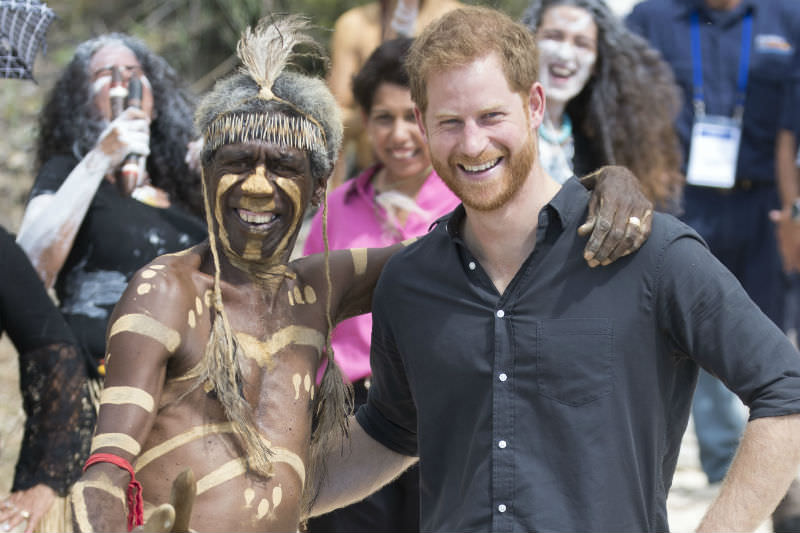
AUSTRALIA
- Dani Larkin
- 24 October 2018
4 Comments
The system that keeps Aboriginal cultural autonomy oppressed calls itself representative democracy, yet our voices remain unheard. Seeing the royal couple prioritise our own land conservation more than the Australian government does is the ultimate example of how disrespected and politically powerless we are.
READ MORE 
-
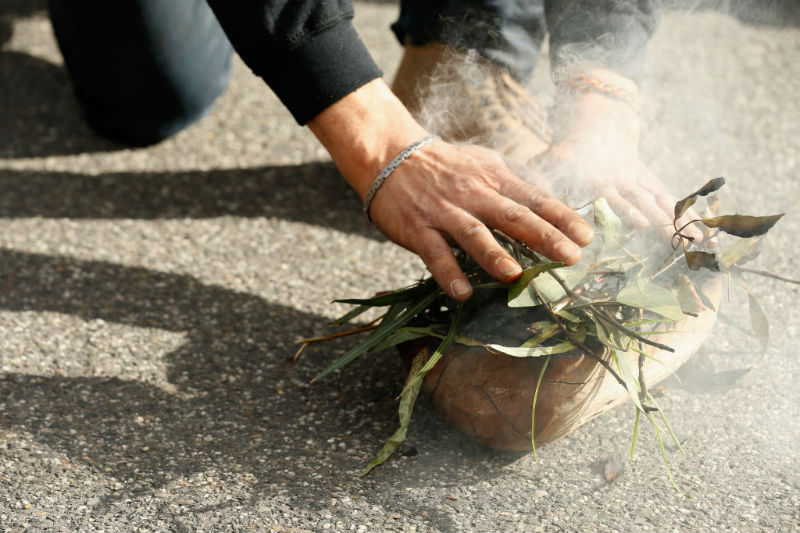
AUSTRALIA
- François Kunc
- 14 September 2018
11 Comments
Place and identity are fundamental for each of us. They are what our First Peoples had taken from them. In thinking about who I am, I have come to the conclusion that without understanding our First Peoples and their story as told by them I really can't understand myself as an Australian.
READ MORE 
-
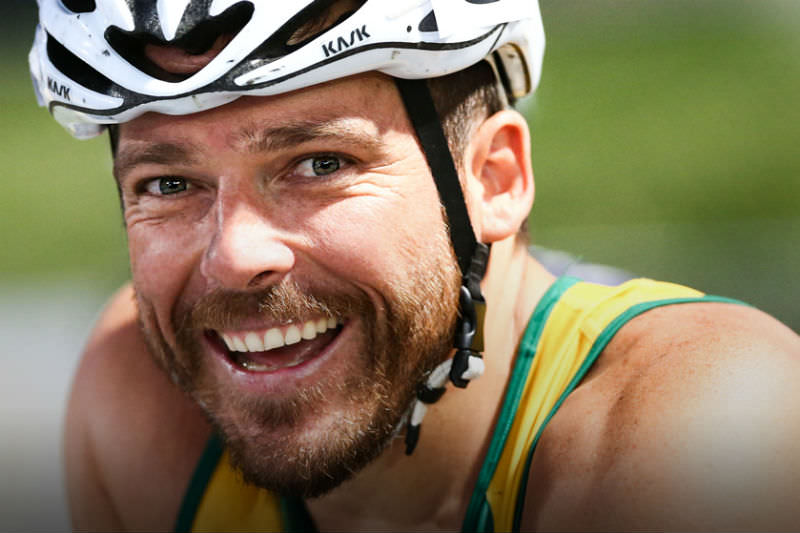
AUSTRALIA
- John Warhurst
- 24 April 2018
3 Comments
The number of medals available to men and women was equal. In this respect the games were better than the cultural norms of some of the competing countries. Integration of disabled athletes was also significant. Against this generally positive background the media persisted in an approach which was needlessly one-eyed.
READ MORE 
-

RELIGION
- Frank Brennan
- 15 May 2017
The reconciliation of this vertical relationship is possible only through the mediation of Jesus who embodies, lives and dies the reality of this reconciliation. He puts us right with our God and thereby establishes the basis for right relationship with each other. In many countries such as Australia, Timor Leste and South Africa, the public rhetoric and programs for reconciliation have, at least in part, been informed and underpinned by this theological perspective.
READ MORE
-
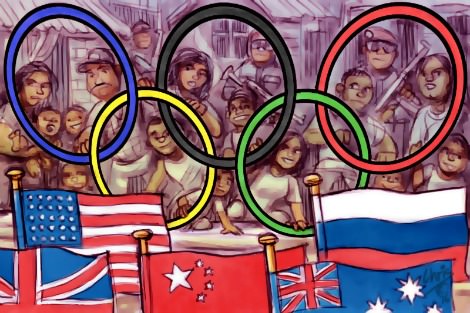
INTERNATIONAL
- Antonio Castillo
- 08 August 2016
4 Comments
The Rio 2016 Olympics has earned a well-deserved label: the jogos da excludad, the games of exclusion. It is a label that shames a ruling class that got its priorities wrong. In the name of the Games, 77,000 residents of Rio's favelas have been evicted and hundreds of these settlements have been bulldozed. Those favelas that avoided the bulldozers have been hidden behind concrete walls that epitomise what theologian Leonardo Boff has called the 'lack of shame' living deep in the Brazilian soul.
READ MORE 